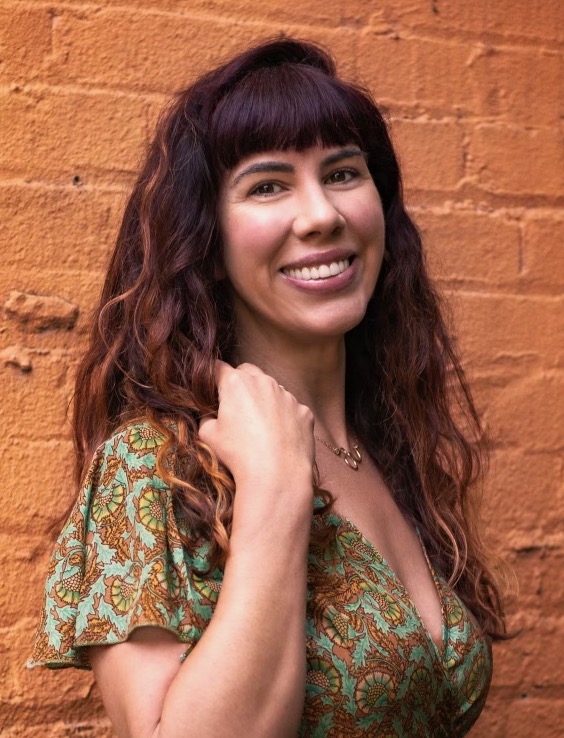Treating Eating Disorders Through A Psychodynamic Lens as a Dietitian by Amy Isabella Chalker, RDN, CEDS
I practice “nutrition therapy” a term that can leave a lot to the imagination without a more thorough explanation of the work I do with clients. I am trained and licensed Registered Dietitian Nutritionist for 18 years, having gone through all the required schooling, internships, exams, and continuing education to qualify as such.
Like many professions, this title affords me a specific scope of practice that includes providing nutrition monitoring based on labs and vitals, and nutrition recommendations based on the most current, peer-reviewed research, and based on the disease state of my clients. Nutrition recommendations may include caloric-intake, specific types and categories of foods, meal- and snack-ideas, and grocery shopping strategies, among others.
But when it comes to treating eating disorders, nutrition therapy extends beyond basic day-to-day needs and encompasses complex psychological underpinnings that often require more than traditional nutrition advice. To this end, I am also a Certified Eating Disorder Specialist (CEDS) through the International Association of Eating Disorder Professionals (iaedp), having also completed 2500 supervised hours and the required education, case studies, and examinations.
As a CEDS, I have additional knowledge of the medical complications and psychological factors influencing eating disorder clients, and of more tailored treatment approaches. In the later stages of eating disorder recovery, I may introduce Intuitive Eating strategies as a way to tailor feeding needs to each unique individual, guiding clients to attune to their body’s hunger and fullness cues to determine how much and which foods to consume on any given day.
But even beyond these strategies lies the client’s mind, a rich and meaningful realm that informs every food decision, far more powerfully than any strategy or advice I could give. The opportunity then is to help the client explore their own mind, and my role in it, to help them understand and work through resistances to improving their relationship with food and body, and to understand and work through resistances to me assisting in this process.
This is operating all the time in sessions, whether it is directly discussed or even consciously understood. Indeed, my intention in any session is to hear what the client is saying while simultaneously feel what is not being said or voiced. For instance, many clients with eating disorders begin our work together by requesting a meal plan in the very first session, and if I were to grant this request without hesitation or examination, it often sets up a power dynamic that stalls rather than progresses the treatment.
Instead I might start by asking how the client imagines a meal plan would be helpful, who should create this meal plan, how would I know if they didn’t like or agree with the meal plan, what would happen if the meal plan could not be followed. The goal is to allow for any unconscious resistances to be worked through before taking the ultimate action – sometimes actually co-creating a meal plan, but other times a different, more creative strategy and understanding evolves out of the conversation. This is the “psychodynamic” aspect of my work: Relational, resistance-focused, and creatively-minded.
In order to help me understand my clients and my work through this comprehensive lens, I have completed a 2-year Certificate Program through the Center for Modern Psychoanalytic Studies in New York City, and continue to take continuing education classes at this institute and other similar ones, including the Academy of Clinical & Applied Psychoanalysis in Livingston, New Jersey. I also continue my own modern psychoanalytic supervision under a trained analyst, as I have done for the past 18 years.
Modern Psychoanalysis/Psychodynamic work can be defined as an opportunity to make (often limiting) unconscious attitudes, beliefs, and patterns conscious so they can be worked through and client goals can be more readily and realistically attained. I hold this understanding in my mind when I work with clients to offer nutrition therapy.
Bio:
Amy has been a Registered Dietitian Nutritionist for 18 years, working in a wide variety of professional settings. She specializes in Clinical Eating Disorders, Disordered Eating behaviors, Child/Family Feeding, and co-occurring gastrointestinal conditions/chronic illnesses. Amy is a Certified Eating Disorder Specialist and practices through a Modern Psychoanalytic/ Psychodynamic lens, emphasizing the clinical relationship as central to the healing process.
www.aicnutrition.com






